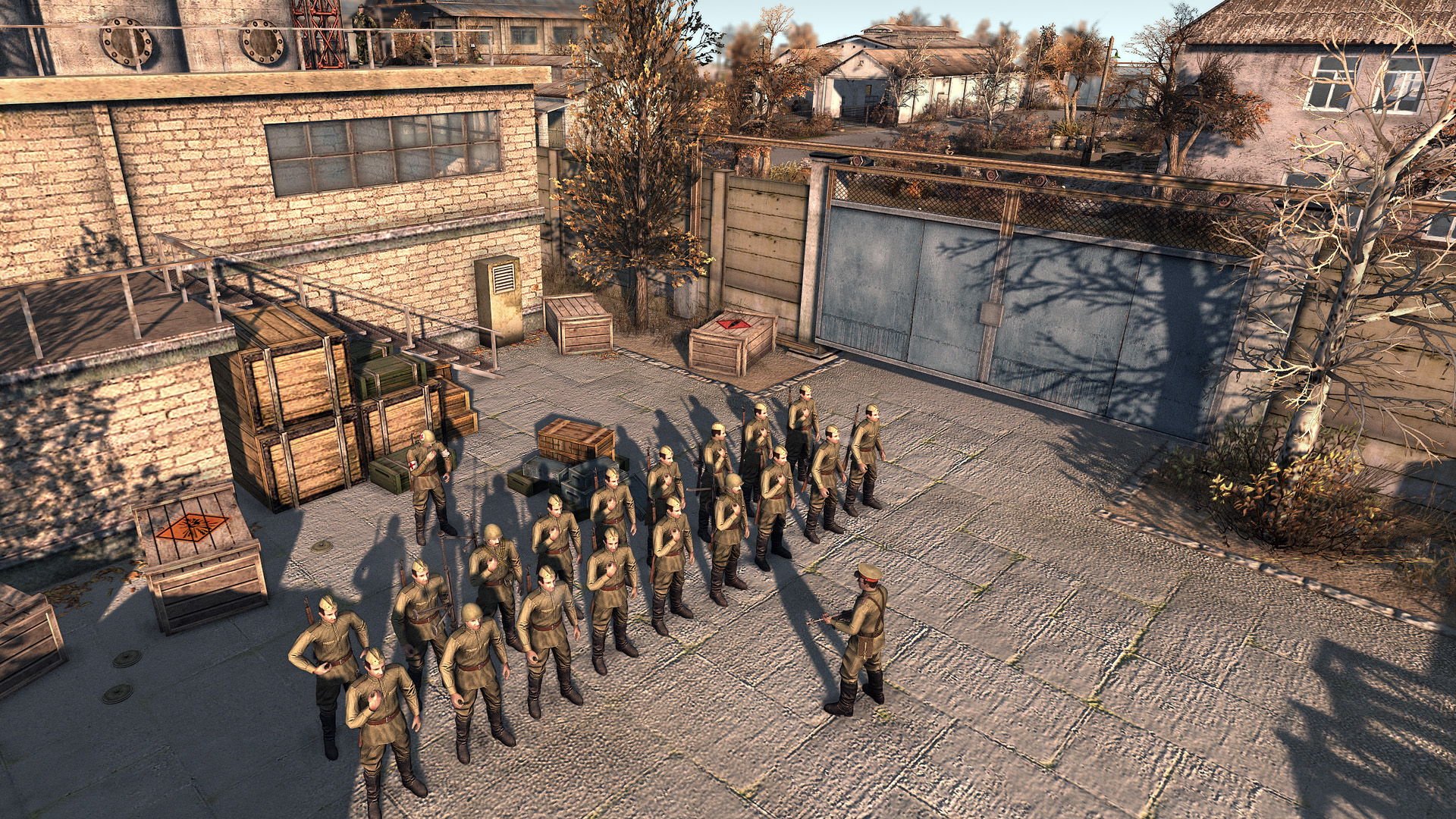
There simply is no substitute for listening to these men tell us their own experiences, in their own words and voices." Many of these veterans are no longer with us, so their accounts need to be remembered and archived. "By wrapping contextual narration around these astonishing stories and adding high quality production values,” said Lihani, “we have produced podcasts which are not only educational, but fascinating as well, along the lines of Tom Brokaw’s The Greatest Generation, or HBO’s Band of Brothers. We let them speak from the heart and captured all the emotion of their experiences.” We didn’t just sit these men down with a list of questions and ask them to reel off facts. “We are in the business of reporting history,” said Kirk, “Right now, these incredibly candid stories from a passing generation are what America wants to hear. To provide an ongoing structure for the preservation of these stories, recounted by those who lived them, Kirk, Lihani and Lusitana joined with digital media pioneer, Marc Honorof, to create The HONOR Project. Since 1991, award-winning documentarians Rob Kirk, Rob Lihani and Donna Lusitana have been recording and archiving the remarkable and very personal stories of veterans from World War I through modern conflicts. These podcasts are a production of The HONOR Project: Heroes of Our Nation On Record. Using archival interviews going back to WWI, as well as current conversations about more recent conflicts, we hear remarkable accounts of service and sacrifice from those who lived them. Warriors In Their Own Words brings to life the stories of those who have defended this nation. Unfortunately, the war would require more than two grueling years and four separate drafts before the end was in sight.Ĭonnie Golding earned a bachelor’s degree in History with a minor in Fine Arts from The George Washington University.More About Warriors In Their Own Words and The HONOR Project The draft reflected a shift in the perception of the war from a patriotic duty to a burden. These circumstances prompted many to believe that the Civil War was a “rich man’s war and a poor man’s fight.” In July, tensions reached a highpoint during the New York draft riots where African Americans, resented for causing the war, were targeted with brutal violence.


Those with disabilities were dismissed, and others paid off their doctors to claim that they had disabilities. Those with financial means could pay the commutation fee or use bribes to escape fighting. GIF made with the NYPL Labs Stereogranimator The remaining 85% avoided the war by literally running away, finding someone else to take their place or paying the commutation fee.

Of the more than 750,000 drafted in 18, only about 46,000 actually saw battle. When names were selected from the lottery, men had three options: fight find someone to take their place or pay a $300 commutation fee to escape that round of drafting. Each recruiting district had quotas to meet, and those districts where numbers fell short would draft soldiers by lottery. citizenship, were required to sign up to fight. 1888.Īll Union men between the ages of 20 and 45, as well as all immigrants seeking U.S. "Union soldiers sharing their rations with the Confederates." The New York Public Library Digital Collections.

On March 3, 1863, the Union officially signed the Enrollment Act. As the death rate rose, the Union needed to find a new way to recruit soldiers. With the second anniversary of the war looming, the initial enthusiasm of enlistees was in decline.


 0 kommentar(er)
0 kommentar(er)
